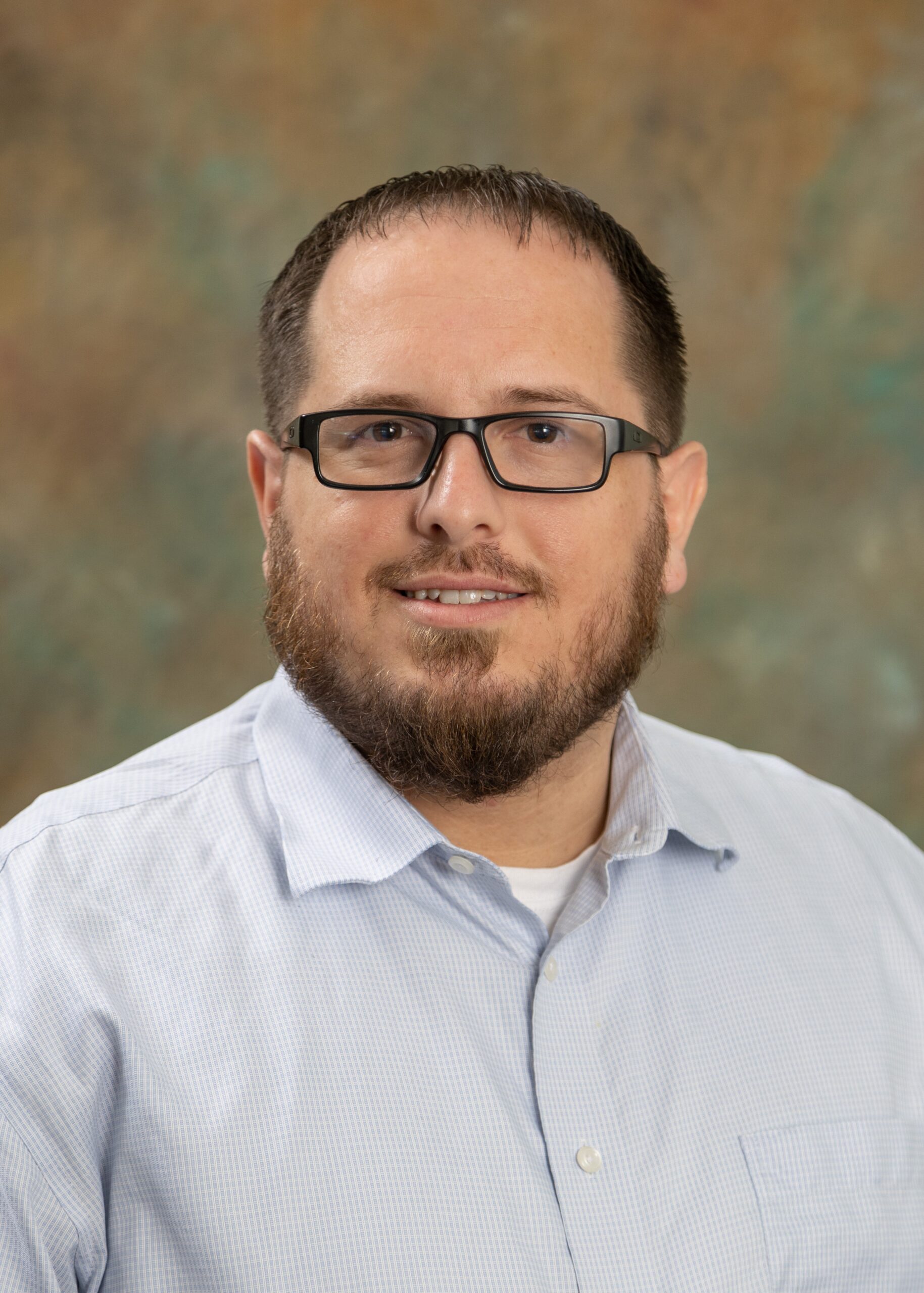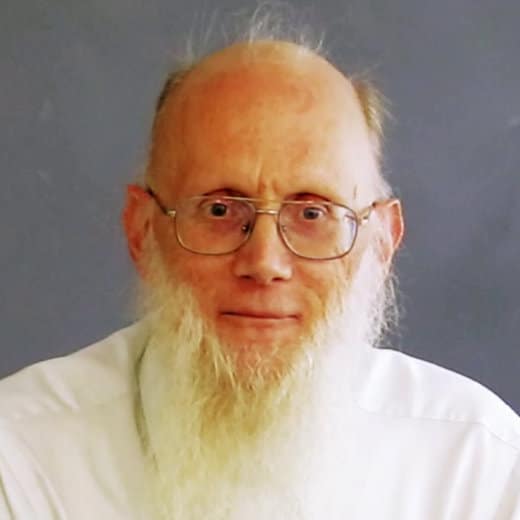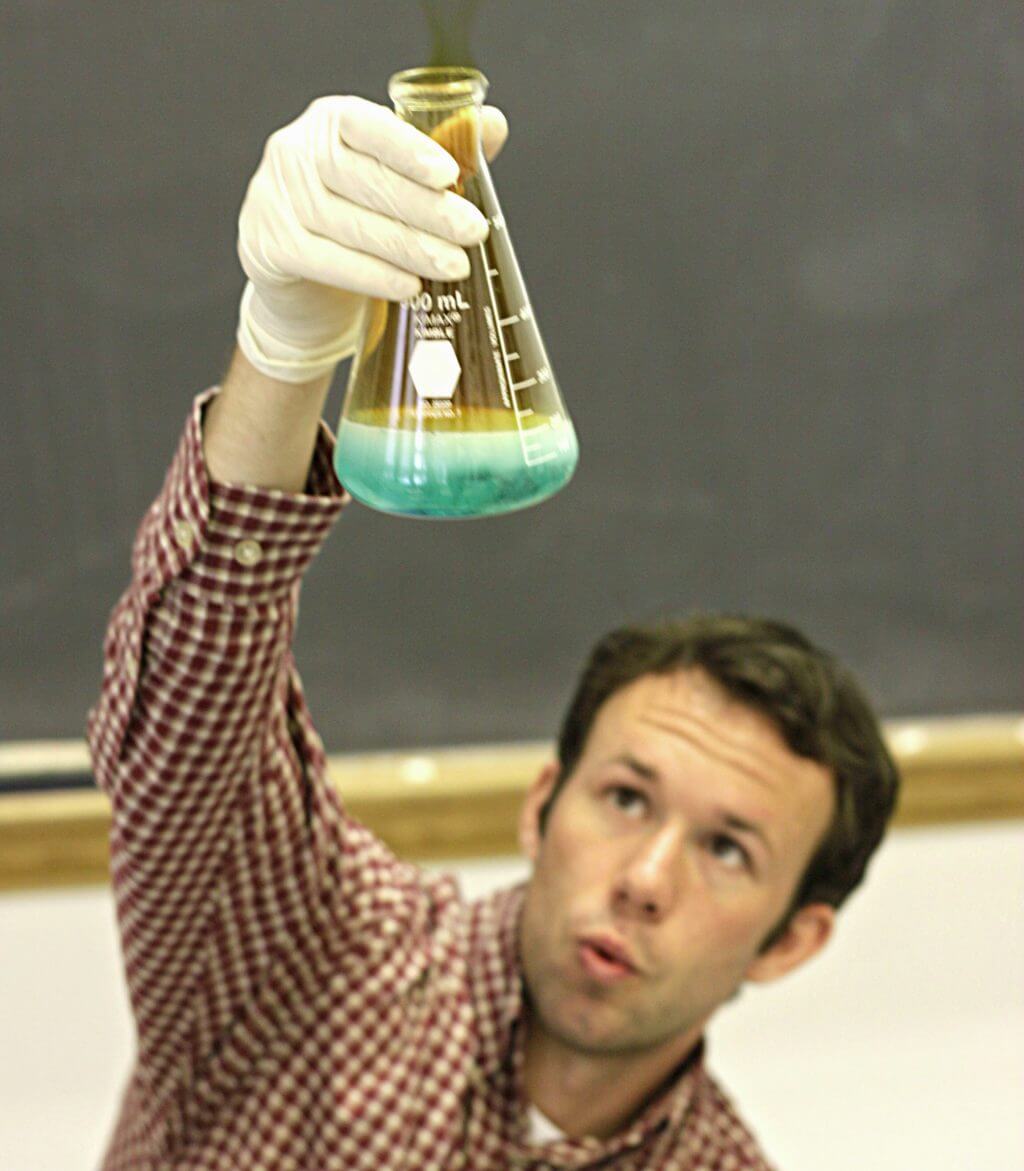School Subjects
Board & Administration
Teaching & Learning
Education Is a Gateway: The Story of Elida Mennonite School
Lyndon Hartman May 10, 2019Born in the year of D-Day and V-E Day, Elida Mennonite School is one of the oldest private schools still operated by conservative Anabaptists. Lyndon describes how the Mennonite community built the school with a sense of mission, and how shifting cultural forces and internal divisions have tested the community since then. Elida Mennonite School still stands among the cornfields and manufacturing towns of western Ohio, a place of preparation for the young people who will write the songs and teach the children of tomorrow.
That was a scary time. We look back at it, we can smile now and say, “Well, it all turned out well, and it really didn’t go to court like we thought it was going to.” It did, but it didn’t. But it was a scary time.
It started out in a what we would call a country school, kind of like public school building. I don’t know if there was a curtain down the middle or what, but maybe like 30 some, 40 some students, with two teachers, Grades 1 through 8. There were three churches in the area: Pike Mennonite, Salem Mennonite, and Central. Then there was also a mission church in the bigger town of Lima called Jefferson Street Mission. Pike and Salem said, “We’re starting a school.” Central and Jefferson Street Mission said, “It’s too expensive. We’ll send our children to public schools.” Pike and Salem are still functional, still existing. Central is no more. There’s a bank there. And I don’t even know where Jefferson Street was. Those other groups faded away. I think there’s something significant there to be said for the view on education.
We just have a strong emphasis on education. As I visit schools around the country for CLE, I look back at my home community and say that we have that strong emphasis on education. It comes through with a very supportive parent system.
The church that now runs the Elida Mennonite School is called Sharon Mennonite Church. And that is a split off Pike. What it was all over? Losing the conservative values that our parents wanted to maintain. For anyone who has read the book God and Uncle Dale, it was kind of a carbon copy of what happened in that book—which, that book tells a story, but it happened over and over again in many communities across the US and Canada. Around 1967 is when that took place.
Pike Church had a mission outreach in Kentucky, and my parents were very active in it. We also had the school. As I see it, that was the two mission outreaches of the church. At the time the church split, the Pike Church maintained control of the mission in Kentucky, and the school became ours. So, when we put the addition on the school, that would’ve been the new group putting the addition on here.
Back in the 70s, we slowly worked our way up in the high school. But it seemed like we were having a fair amount of problems with boy/girl relationships. We got as high as 11th grade and then suddenly we dropped back, and I don’t know all the dynamics were as to what happened. They suddenly dropped back to 8th grade again. They allowed 9th and 10th graders to come and take American Schooling. They were kind of on their own. It’s a correspondence course. They could be here at school, interact with the other young people, and the teacher kind of oversaw what they were doing. 11th and 12th grade, they were not allowed to be here at all.
Most of my brothers and sisters, who are all older than I, would have attended the public school for their high school. Probably about 1979, 1980, somewhere in there, we finally had a graduating class. My grade level was the first grade level to graduate from the school. So, I guess I graduated twice. I had an 8th grade graduation and a 12th grade graduation.
We went with, I think, ACE and as we did that, we decided to go on through high school. When CLE opened their doors with their curriculum, we went ahead and started with that, in maybe like 1981.
There was a man, I think he was running for some public office, and decided that to gain favor maybe he would stir up trouble with the Mennonites. Got together I think with maybe the county superintendent, something like that, and accused our students of truancy because we didn’t have certified teachers and things like that. So, he’s going to make a big deal out of it and say our children really aren’t in school because they’re not attending the public school. It was headed to trial, to at least be heard by a judge.
We made sure that our records and things were up to date, and that they could look at things and not find fault. We weren’t too worried about them academically. We were pretty sure from achievement tests and that sort of thing that things would be okay there. There were people writing letters to the editor in our local paper. These would have been neighbors and other concerned people who just wanted to get involved and wanted to voice and said, “Why are we messing with these people? They’re not a problem.”
I remember the tension and stress that went with that, as my parents were one those whose children were accused of truancy. And when you read things like what happened in Wisconsin and in Iowa and things like that with the Amish, those were scary times for those people as well, because they really didn’t know how it was going to turn out, and we didn’t either.
Everyone in our church was encouraged to attend that could take off work to attend. When they got there and entered the courtroom, it was way too small. They adjourned into a larger courtroom, and it was still too small, there were people standing in the hallway. We do feel like that impressed the judge. And it wasn’t just our people. There were other interested neighbors and local folks that came as well. God intervened there, I feel like, and it was through non-Christian friends, really, that put pressure on the county to ignore the charges.
There were some opening thoughts and comments, as I understand it, and when they got done with that, the judge basically said, “You’re all wasting my time. Case is dismissed.”
The way we look at our school is that it’s a safe place to give our children an education. We do, I believe, feel that education is somewhat of a gateway into adult life. That I need to know maybe just a little bit more than how to do basic math and basic language arts and all. I would say we are a reading community. Many of us like to read. We like to sing. And we appreciate the fact that somebody wrote those songs, wrote those stories, and a high school education produces better teachers. It’s not that an 8th grade education can’t produce good teachers. It can. But if your view on education is low, and you only go to 8th grade, more than likely your school is going to be somewhat on a downward curve, as far as future teachers that it will produce.
Grades:
Resource Type:




Leave a Reply